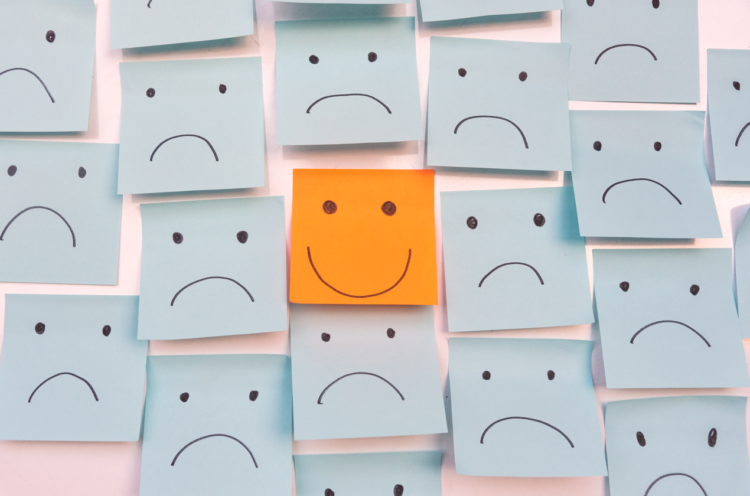Mental health claims made through private health insurance have more than doubled in just five years, according to new data from Vitality, underscoring the growing demand for workplace mental health support across the UK.
The health insurer’s figures show a 119 per cent rise in mental health claims between 2019 and 2024, with the sharpest increases seen for anxiety disorder and depression, up 68 per cent and 53 per cent respectively.
Vitality says much of this growth has come from people accessing talking therapies such as cognitive behavioural therapy (CBT) and counselling. Claims for these services rose by 167 per cent during this five year period.
However, this increase appears to be offset by fewer severe mental health cases. The data shows in-patient and day-patient mental health claims fell by 41 per cent, while out-patient claims declined by 17 per cent, suggesting early intervention may be preventing more acute episodes.
Younger employees were the biggest users of talking therapies last year, with claim rates highest among those aged 30 to 39, followed by people under 30.
This aligns with NHS England statistics showing that one in five people aged 8–25 had a ‘probable’ mental disorder in 2023, with prevalence peaking among 17–19-year-olds.
Arun Thiyagarajan, CEO of VitalityHealth, said the trend reflects a fundamental shift in how people engage with their health benefits: “At Vitality, we’ve seen a significant rise in mental health claims, which is why we’ve invested in a comprehensive support pathway that includes access to Talking Therapies, app-based tools like Headspace and Wysa, all of which work to help remove barriers to care.
Our insights, which reflect wider societal trends, highlight that mental health support is no longer a nice to have — it’s a central part of how people engage with their health insurance.
What’s particularly striking is how younger people are leading this shift — they’re showing us what the future of healthcare looks like: proactive, personalised, and deeply attuned to mental wellbeing.”












